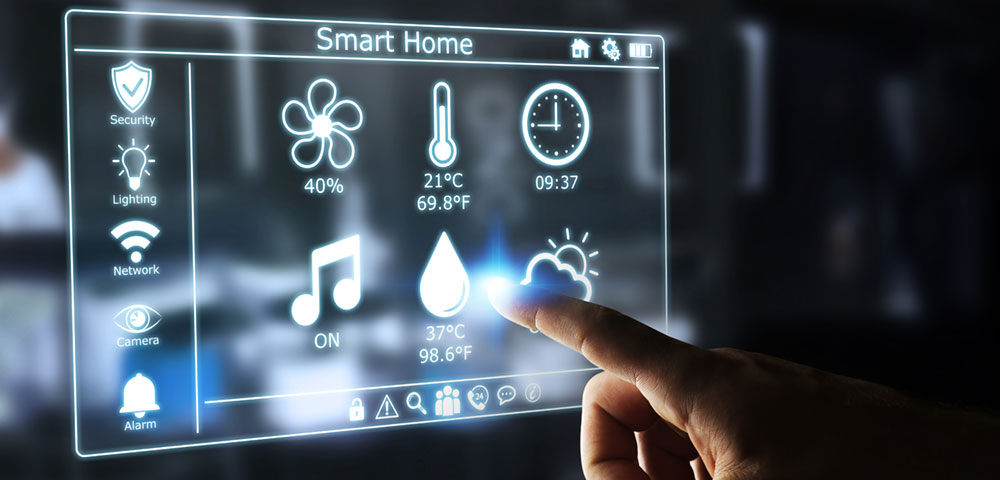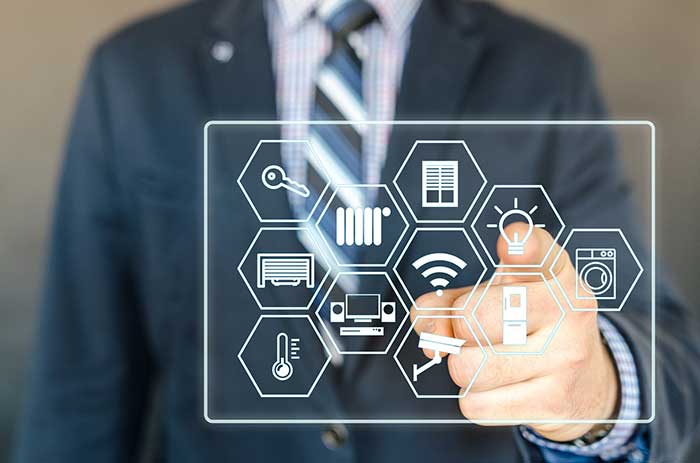
How IoT is changing sustainable living: A Deep Dive
Share
The landscape of sustainable living has been dramatically transformed by the integration of the Internet of Things (IoT). For tech professionals and enthusiasts, the allure of a more connected and eco-friendly world is both thrilling and promising. At the heart of this transformation is the concept of IoT, which is revolutionizing how we interact with our environments and manage resources efficiently.
In recent years, the notion of sustainability has been pushed to the forefront of global consciousness. With the growing concerns over climate change and resource depletion, IoT has emerged as a critical technology to foster sustainable practices. By leveraging IoT, we are not only able to live more sustainably but also to create smarter ecosystems that benefit both people and the planet.

The Role of IoT in Sustainable Living
IoT plays a pivotal role in facilitating sustainable living by optimizing energy consumption, reducing waste, and promoting efficient resource management. In smart homes, IoT devices such as thermostats, lighting systems, and appliances are interconnected to provide real-time data and automation. This connectivity allows for precise control over energy usage, thereby reducing unnecessary consumption and lowering carbon footprints.
For instance, IoT-enabled home automation systems can adjust heating and cooling based on occupancy and weather conditions. By learning user behavior patterns, these systems enhance comfort while conserving energy. Additionally, smart lighting solutions utilize sensors to switch off lights in unoccupied rooms, further minimizing energy waste.
Smart Cities and IoT: A Symbiotic Relationship
Beyond individual homes, IoT is also instrumental in developing smart cities, which aim to improve urban living conditions and sustainability. By collecting and analyzing data from various sources, city planners can make informed decisions to enhance public services, reduce pollution, and improve the quality of life for residents.
IoT technologies in smart cities include smart grids, waste management systems, and traffic monitoring solutions. A smart grid, for example, optimizes electricity distribution and integrates renewable energy sources, thus promoting environmental sustainability. Similarly, IoT-based waste management systems monitor waste levels in real time, ensuring efficient collection and reducing landfill impact.
IoTs Impact on Water Conservation
Water conservation is another critical area where IoT is making significant strides. IoT devices such as smart irrigation systems and leak detectors play a crucial role in monitoring and managing water usage. Smart irrigation systems utilize weather data and soil moisture sensors to optimize watering schedules, reducing water waste and promoting healthier plant growth.
Moreover, IoT-enabled leak detectors can identify leaks in real time, preventing water wastage and potential damage to property. By addressing leaks promptly, these devices save vast amounts of water and contribute to more sustainable water management practices.
The Future of Sustainable Living with IoT
Looking ahead, the integration of IoT with sustainable living is set to deepen further. As technology continues to evolve, we can expect more innovative solutions that address pressing environmental challenges. From smart agriculture to advanced energy management systems, IoT will continue to shape a more sustainable future.
Emerging trends in green home technology are already paving the way for eco-friendly living spaces. These trends include the use of IoT for monitoring indoor air quality, promoting renewable energy usage, and enhancing recycling efforts. By embracing these innovations, individuals and communities can contribute to a more sustainable world.
Furthermore, the integration of IoT in home automation not only saves energy but also provides economic benefits. By reducing energy bills and enhancing property value, IoT-enabled smart homes present a compelling case for sustainable living.

FAQs
What is the primary benefit of IoT in sustainable living?
IoT optimizes resource management, leading to reduced energy consumption, minimized waste, and overall enhanced efficiency, which are crucial for sustainable living.
How does IoT contribute to smart city development?
IoT facilitates smart city development by providing data-driven insights for efficient public service management, pollution reduction, and improved quality of life.
Can IoT help in water conservation?
Yes, IoT plays a significant role in water conservation through smart irrigation systems and leak detectors, ensuring efficient water usage and preventing wastage.
